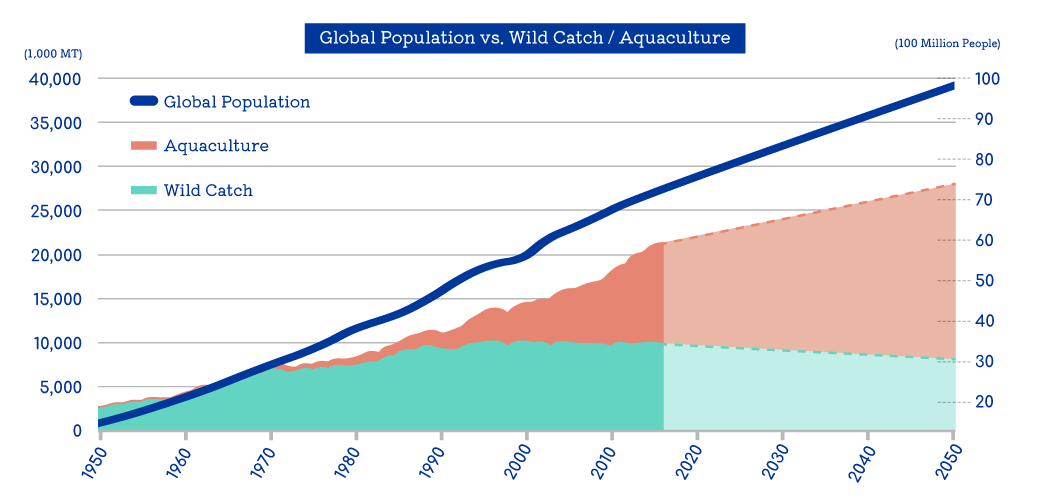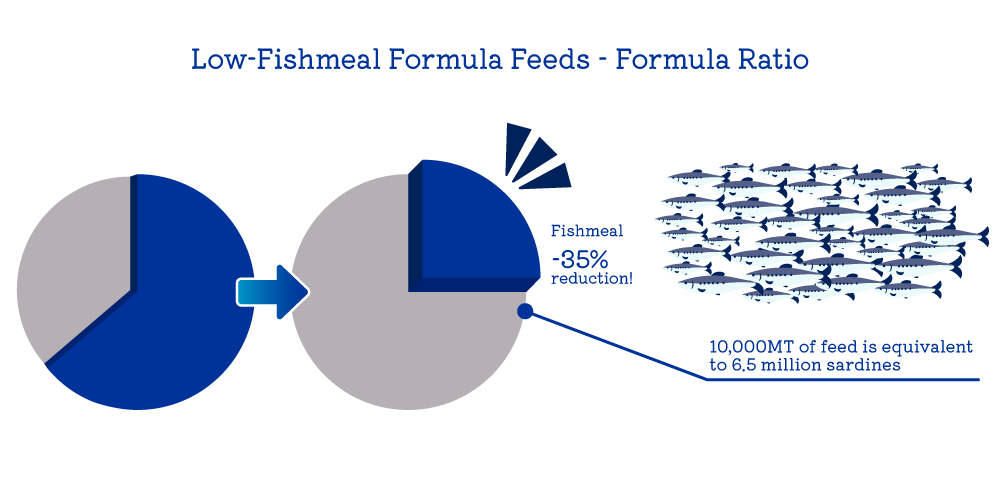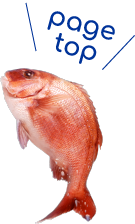#02 formula feeds with reduced fishmeal levels
The objective of this project is to replace fishmeal and fish oil in formula feeds with alternative ingredients such as insects and algae.
PROJECT BACKGROUND
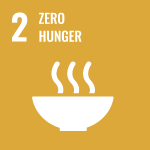
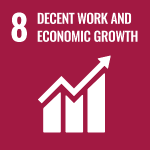
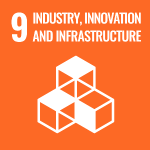
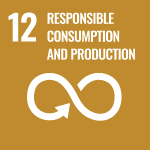
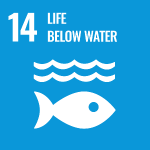
The world population is steadily increasing, and it is projected to surpass 8.5 billion people by 2030. To meet the growing protein demand associated with this increase, it is expected that farmed fish will replace wild fish, as there are limitations to the amount of wild fish that can be caught. However, farmed fish relies heavily on fishmeal and fish oil derived from pilchards as a raw material for feeds. Consequently, if the consumption of fishmeal and fish oil continues at its current rate, it is estimated that those fisheries will be depleted by 2037. This emphasizes the need for the aquaculture industry to develop and adopt alternative feeds that do not use fishmeal and fish oil.
Reduced Fishmeal Feed Project <Start>
In 2010, a project was launched to explore ways to replace the fishmeal and fish oil levels in feed employing alternative proteins and oil ingredients called the Low Fishmeal Feed Project.
Since starting this project, numerous alternative ingredients have been tested such as plant and insect-based proteins.
PROJECT OUTCOME
We have successfully developed a feed that reduces fishmeal’s inclusion ratio by 35%. In other words, producing 10,000 MTs of this feed, this equates to saving approximately 6.5 million pilchards that would otherwise have been needed to be rendered into fishmeal.
FUTURE PROSPECTS
- Field Trial Verification.
- Examination of other alternative raw materials such as insects and algae.
- Promotion of feeds with low fishmeal inclusion levels.
